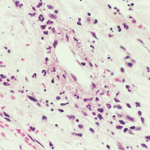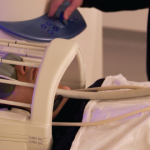WASHINGTON, D.C.—Researchers at the 2016 ACR/ARHP Annual Meeting discussed how they are exploring the immune system in search of groundwork for new rheumatoid arthritis (RA) treatments. The new avenues, supported by the Rheumatology Research Foundation, involve T cell adhesion, new understanding of the role of macrophages and insights into the way IgG glycans function. T…









